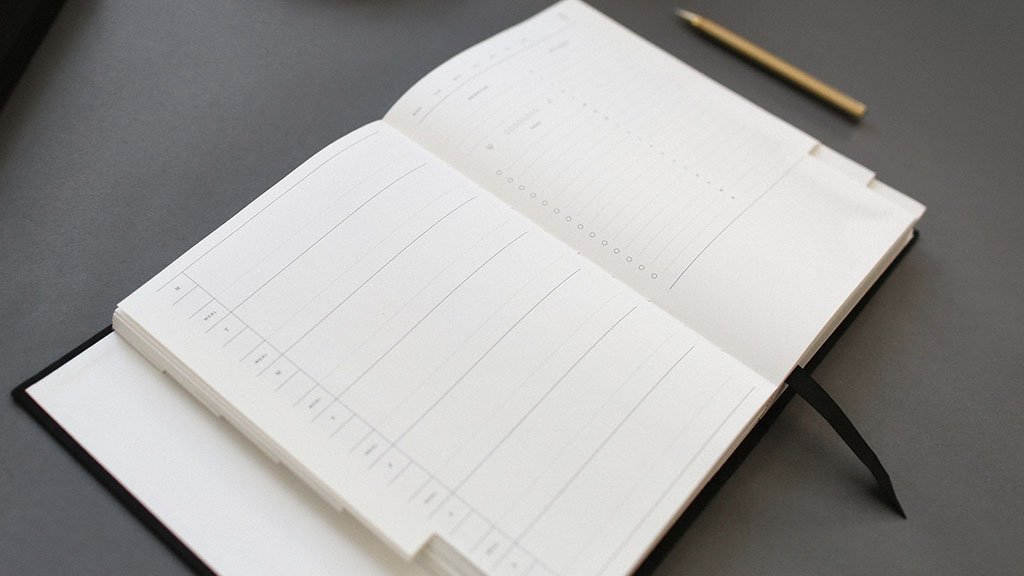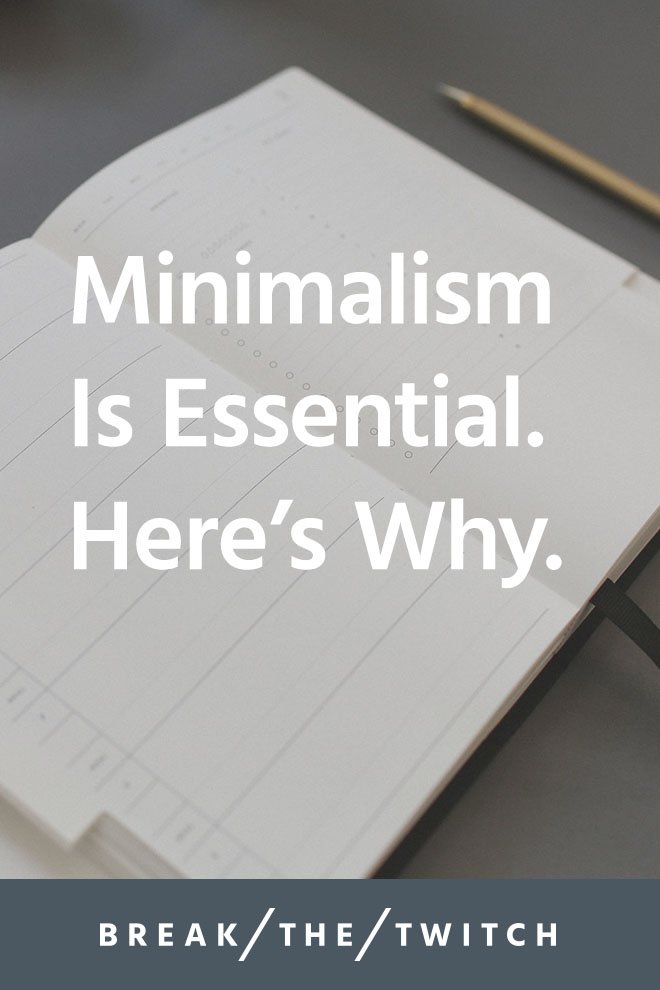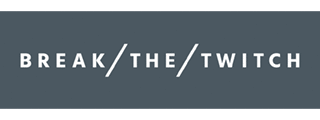
Some questions I received recently inspired this perspective on why minimalism is essential for me. There is no shortage of articles or videos about minimalism out there, but this is important.
I share quite a bit about our own minimalism journey here on Break the Twitch. In fact, it’s the reason why I started this blog. Minimalism is one of the core topics I talk about regularly, along with habits and creativity.
In my worldview, minimalism is key to the framework for doing more of what matters—and here’s why it starts with minimalism.
When Amy and I started out years ago, the idea of owning less stuff seemed pretty straight forward.
The simple outcomes like having less to organize, spending less on new purchases, and a reduction of visual clutter made a lot of sense to us.
Along the way, we absolutely realized those types of benefits along with many others. We found ourselves with more time to dedicate to side projects and creative work. We figured out how to travel much more than we ever did before. We’ve managed to substantially shift our diet to healthier choices, and exercise regularly each week. In one way or another, all of these things were made possible by our decision to embrace a minimalist mindset.
The truth is, we wanted to do those things. We always wanted to explore more, have more free time, flexibility, and less stress. But we had a lot of distractions taking our attention, time, and money away from those desires.
This is why minimalism is essential to doing more of what matters; it minimizes distractions.
The Minimalism Council of Authenticity
Here’s the thing about minimalism. There’s no one right way to do it. There’s no one who can tell you you’re doing it wrong—yes, even me. I say this because I recently received a comment from someone saying he only had one glass and one mug and that having a set of 8(!) disqualified me from being a real minimalist.
In the end, I don’t feel the need to call myself a minimalist (or be recognized as one) because it doesn’t define me.
Minimalism is a tool that we can use to remove things from our lives if they are distractions are getting in the way of doing more of what matters. If you have 24 glasses in your kitchen cabinets but they have no impact on your ability to manage stress levels, spend more time with family, or do anything else that matters to you—then so what?
Minimalism is simply a tool you can use to remove the nonessential so you have more room for the essential.
I think the best analogy for minimalism is that it’s like a camera lens. By adjusting the lens, you pull into focus what you want while softly blurring out everything in front and behind. It helps you make decisions about what matters in your life and what doesn’t.
Minimalism Is Not A Catch-All Problem Solver
I’ve written before about how minimalism itself isn’t the final answer.
It’s how you use the space and time you create with minimalism that really changes your life for the better. There is a joy to be found in donating thoughtfully, money to be made in selling what you can, and satisfaction in the clarity that comes with the process. But minimalism isn’t designed to be the thing that makes your life amazing; it’s just a catalyst to get there.
There will always be issues that come up, possible financial struggles, relationships to manage, and hard decisions to make. When done well, minimalism creates the space for you to handle these situations more effectively.
Through minimalism, if you have to change housing, you’ll be more ready to handle the move. If you lose your job, you’ll likely have lower expenses (than you would otherwise), possibly less debt (or none at all), and more flexibility in your search for a new job.
There are substantial advantages to owning and buying only what serves you and what allows you to serve others. Remember that having fun is a perfectly acceptable way to serve yourself and others. This isn’t about deprivation—it’s quite the opposite.
It Starts With Removing Distractions Then…
The framework I’ve created here to “Break the Twitch” and do more of what matters is pretty straight forward. It starts with removing distractions with minimalism to make space for more of what you want. Through building habits, you start doing the things each day that reflect the goals and activities that matter to you. Finally, creativity and flow build upon the foundation of habits—the ability to live more based on curiosity than fear. This could be starting a blog, playing music, or finding yourself in a deep flow state while working on projects around the house.
Living creatively looks different for everyone, but minimalism and habits are how we all can get there.
For more ideas on minimalism and intentional living, you’ll find actionable and practical strategies in my ebook, Break the Twitch.
Minimalism is an essential step on the path of breaking the twitch. Without the space that minimalism creates, you’re less able to build the habits you need to show up in the world in the way you’d like. And without the foundation of habits, there is no platform for the creativity to come afterward.
This is why minimalism comes first, and why minimalism is essential in the process.
The framework of minimalism, habits, and creativity continues to work well for me in loving and better owning my attention. It’s also been helpful in slowly building a sustainable business as a YouTuber, writer, and filmmaker over time. My hope is that this framework helps you to do more of what matters—whatever it may look like for you.

